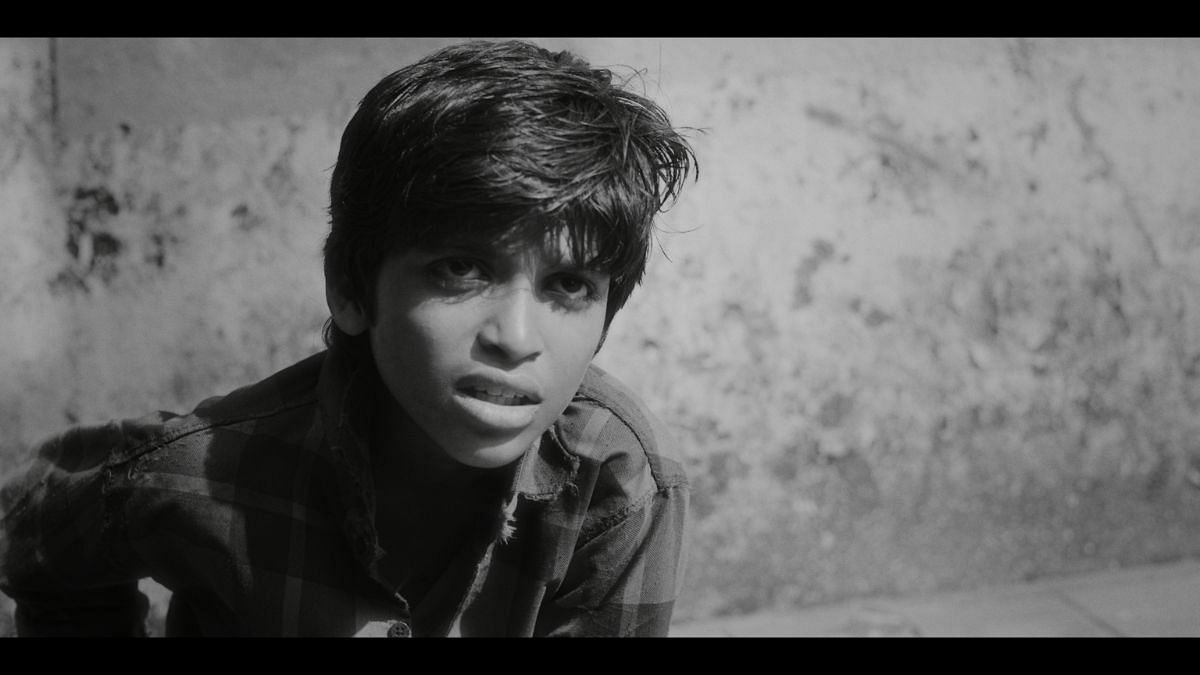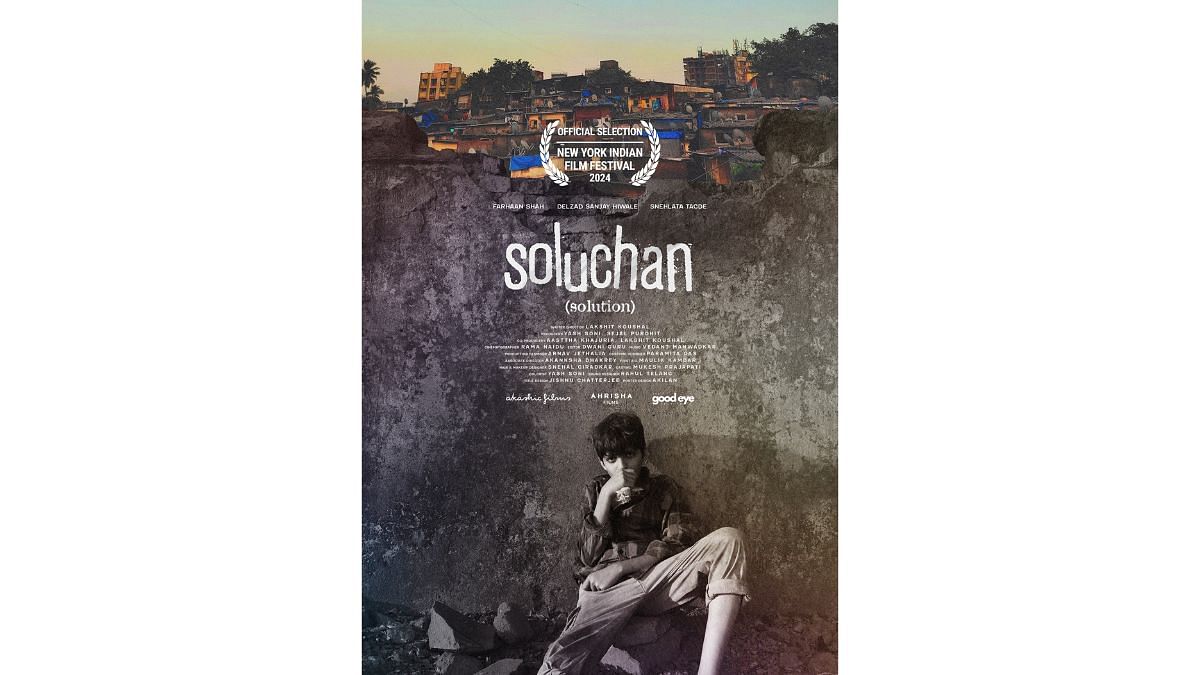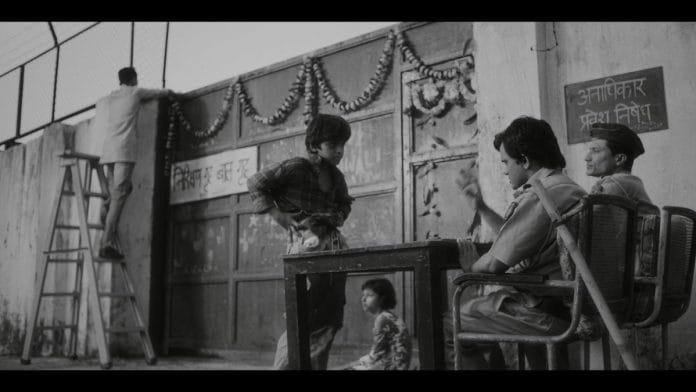New Delhi: Lakshit Koushal’s 2023 short film Soluchan follows a young boy Vijju as he tries to get a fix for his drug addiction on the busy streets of Mumbai during Diwali. It is a short, hard look, without any judgement, at a young child’s choices on the street.
The film’s title is a reference to a meme that took over the internet in 2017—in a video clip, a young boy calls one of the drugs he regularly takes, ‘soluchan’, a mispronunciation of solution. The clip was part of a 2016 documentary called Nashebaaz: The Dying People of Delhi, directed by Dheeraj Sharma.
The director was mulling over the idea for a short film when he saw the viral meme. The idea first came to him from William S Burroughs’ short story, ‘The Junky’s Christmas’, in which a heroin-addicted man, who is released from a holding cell, goes about trying to score his next hit. The story was also adapted into a short claymation film, and Burroughs and Nirvana frontman Kurt Cobain performed a spoken word version. “I have always loved and been influenced by beat narratives, poetry or otherwise, and that’s how I came upon this story. But I was also clear that I wanted the lead to be a child instead of an adult,” Koushal told ThePrint. It was a decision inspired by the meme and the short story.
Koushal and his producer were initially apprehensive that the movie might appear insensitive in its treatment of child drug abuse. “I re-watched Mira Nair’s Salaam Bombay!, which came out in the 1980s. And I decided to go ahead,” said Koushal. It allayed his fears. He realised he just had to depict the children as they are, and not use them as a moral device. Nair’s film follows the daily lives of children living in slums in Mumbai, and deals with topics such as rampant drug abuse and petty crime.

A journey through Andheri
Koushal’s 13-minute-film film is shot almost entirely in black and white, except for scenes when Vijju, played by Farhaan Shah, is high—then the screen comes alive with colour. “I have been deeply inspired by the initial independent projects of directors like Christopher Nolan and Martin Scorcese, and wanted to use that [black and white] in my film,” said Koushal.
Soluchan has been shortlisted to premiere at the New York Indian Film Festival 2024.
The idea to make this film came when he was awaiting clearance for a commercial project, a few months after he graduated from MIT Institute of Design with a bachelor’s in film and video design in 2022. Soluchan is his third short film. It follows Kattarvaad (2018) and Not a Gentleman’s Game (2020).
Koushal’s film traverses the lanes of Mumbai’s Andheri to show a day in Vijju’s life. In one scene, he begs a tobacco seller for a beedi and a rucksack to go rag-picking. The seller tells him that members of his street family had been rounded up by the police the night before. Vijju shrugs it off, his focus is only on the beedi. It’s a glimpse into the nonchalance and thick skin required to survive on the streets.
Shah aces the role of Vijju. One shoulder slightly higher than the other, reminiscent of Amitabh Bachchan in the angry young man phase of his career, Vijju walks around with a confidence that looks both weather-worn and childlike. He steals, fights, and even bargains to get his hands on anything addictive.

No happy ending
Diwali is used in the film to contrast Vijju’s life with that of more privileged children. He is unbothered by the festival. He doesn’t even think about firecrackers. If anything, the festival of lights is a hindrance to his quest for drugs, as all shops are closed in the area.
And after his long quest, he gives up his loot to a fellow street dweller, who has a harder night to pass. Helping the woman gives him the same high as taking drugs. “Vijju is after all a child, and we wanted an element of fantasy in the ending, and the light on the woman’s face he helps connects with the similar light in earlier scenes when he takes some form of addictive substance,” said Koushal.
Nothing has really changed at the end of the movie and yet there is a sense of hope. Vijju does not get ‘redemption’ or a better life, but he makes the most of what he has. “My job is to show things, and not make judgement calls about whether or not someone should take drugs, especially considering the kind of lives people on the street lead,” said Koushal.
(Edited by Theres Sudeep)






